Liberals All Wrong on Early Voting Law
Actually Republicans have expanded early voting.
Gov. Walker signed three bills into law on Friday that were passed during the extraordinary session, and on Monday, a liberal group requested that a Madison federal court judge overturn the new law that they claim “limits” early voting in violation of the judge’s previous order relating to a different law. The motion they filed is without merit.
Those who challenged the previous statute claimed that it is unlawful because it limited both the days of the week and the hours of voting in a way that allegedly hurt urban voters. Those same groups now claim that the new law is the same as the previous law, but it is not.
While we at the Wisconsin Institute for Law & Liberty (WILL) disagree that the previous statute was unlawful, if those original limitations were legal problems, then the expansion of early voting that the legislature passed in December, fixes those problems by allowing municipalities to determine any hours of the day they wish to be open for voting and allows for voting on Saturdays and Sundays.
Moreover, the recent challenge to the new law raises a new set of problems. Rather than challenge the new law on its own merits, the liberal groups are asking the judge in Madison to determine that his rulings back in 2016 on the previous statute somehow apply to the new statute.
Second, the new law expands the days and hours for early voting which the plaintiffs almost completely ignore. Determining whether the new law is valid will require a new trial based on the provisions of the new law and should not be based on the evidence developed in the previous case which dealt with a different law.
Third, the 2016 decision of the Madison federal judge being asked to rule on this is still on appeal to the Seventh Circuit Court of Appeals. Until that appeal is finished, taking the issue to the same judge whose decision is on appeal unduly complicates the matter.
How is it that these liberal groups think they can get away with this? Perhaps it has to do with the media’s misreporting on the changes made to early voting during the extraordinary session. As mentioned above, the legislature did not tighten early voting guidelines in an effort to hurt voter turnout. In fact, they did just the opposite and amended the previous statute to provide more days and hours of early voting.
National papers such as the New York Times, Wall Street Journal and USA Today were not the only ones to miss this. Local papers missed it as well with an article from the Racine Times Dec. 12 stating that “Based on the openly partisan nature of so much of the legislation in the lame-duck session, we feel it can be safely concluded that the Republicans’ decision to limit early voting is based on the presumption that early voting benefits Democrats.”
Whether the liberal groups will be successful in bringing this new challenge on these grounds is yet to be determined. But it also will be important for any judge looking at the case to consider whether their first principles are right. According to Charles Franklin, Director of the Marquette Law School poll, the two counties with the highest percentage of voters who participated in early voting in 2018 were actually Ozaukee and Waukesha counties, two GOP strongholds and not the urban centers of Milwaukee and Madison.
Moreover, Wisconsin is far more generous in regard to early voting than the 12 states, like New York, Rhode Island and Connecticut, which allow no early voting without some sort of excuse. Instead, the new legislation puts Wisconsin somewhere in the middle of what other states do. For the states that have early voting, the number of days on which early voting is allowed range in length from four days to 45 days, with the average length being 19 days. Further, with the most recent changes, Wisconsin will be one of slightly fewer than half of the states that allow early voting on weekends.
It is clear to us that these liberal groups are working on shaky grounds and it is our hope at WILL that the judge takes all of these factors into consideration.
Rick Esenberg is the President and General Counsel at the Wisconsin Institute for Law & Liberty.
More about the Lame Duck Laws
- Supreme Court Hears Case on Legislature’s Power - Sarah Lehr - Apr 3rd, 2025
- Four Years Later, State’s Lame Duck Law Still Faces Court Challenge - Shawn Johnson - Jan 17th, 2023
- Judge Rules Against Law Giving Legislators Power Over Attorney General Settlements - Shawn Johnson - May 11th, 2022
- State Supreme Court Dismisses AG’s Lame-Duck Lawsuit - Ruth Conniff - Mar 25th, 2021
- Kaul Sues Legislature Over Lame Duck Laws - Melanie Conklin - Nov 24th, 2020
- AG Kaul Announces Legal Action to Allow DOJ to Again Enforce Wisconsin Laws Without Unconstitutional Legislative Interference - Josh Kaul - Nov 23rd, 2020
- Vos Thinks Lame-Duck Session Didn’t Go Far Enough - Melanie Conklin - Jul 31st, 2020
- The State of Politics: Court Rulings Against Evers Sow Confusion - Steven Walters - Jul 20th, 2020
- Court Tosses Dems’ Lame-Duck Suit - Laurel White - Jul 16th, 2020
- Op Ed: State High Court Nullifies 2018 Election - James Rowen - Jul 12th, 2020
Read more about Lame Duck Laws here
Op-Ed
-
Wisconsin Candidates Decry Money in Politics, Plan to Raise Tons of It
 Dec 15th, 2025 by Ruth Conniff
Dec 15th, 2025 by Ruth Conniff
-
Trump Left Contraceptives to Rot; Women Pay the Price
 Dec 8th, 2025 by Dr. Shefaali Sharma
Dec 8th, 2025 by Dr. Shefaali Sharma
-
Why the Common Council’s Amended Budget is Good Policy for Milwaukee
 Nov 20th, 2025 by Alds. Marina Dimitrijevic and Russell W. Stamper, II
Nov 20th, 2025 by Alds. Marina Dimitrijevic and Russell W. Stamper, II


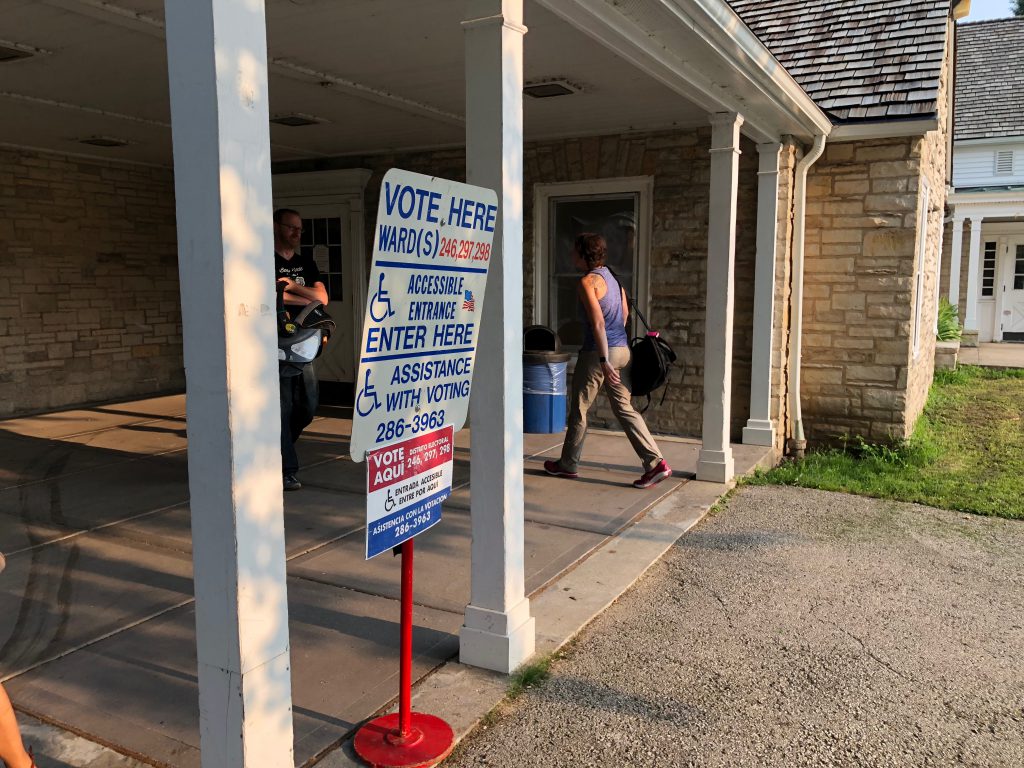


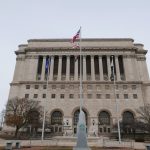


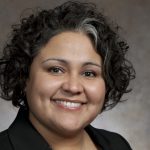







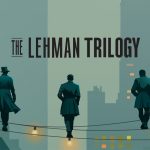

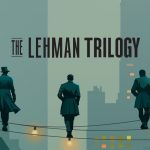



OH, Rick, you boggle my mind! Let’s see – if the largest percentage turnout in early voting was two pretty much reliable counties then why mess with it? Second, this new law would allow 336 hours at maximum for early voting (14 days times 24 hours per day though I find it hard to imagine any municipality offering voting at 3 AM on say Sunday morning). To meet that standard, it would take 8.4 weeks of offering 40 hours per week or a little over 7 if such were available 50 hours per week. In any case, the numbers just don’t add up in terms of practicality. And there is really no reason to limit voting at all once nomination papers are certified and ballots printed. Why shouldn’t I be allowed to vote as early as I want? What is the logic? I have to view a certain number of attack ads before I’m qualified to vote? Open the polls as early as possible and close them on election day at 8 PM or whenever but limiting voting to one day has never really made sense. As a disabled veteran, I have always cherished the idea that my “service” in Vietnam was at least in part to protect this country whose ultimate ideal was that ALL people, eligible to vote had the right to select their leaders! Encourage voting don’t limit it! peace, tw